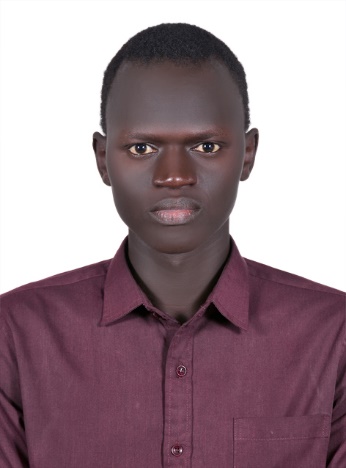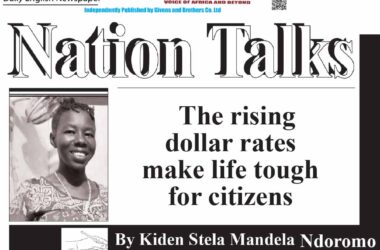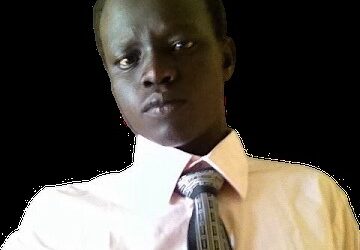By Agar Mayor Gai-Makoon
Encourage youth to try to discover who they are, not to try to fit in—Kishore Bansal
Youth association is the theatre; politics is the play. Our youth are completely controlled by politicians through youth associations. And for this reason, associations have become avenues of political tokenism. Youth must approve of certain politicians in order to fit in the political space.
We have seen this happening in both students’ and party associations at community and university levels. It will continue to happen as long as the youth are intelligent and powerful, but unaware of this strength.
Cunning politicians will always have the advantage of exploiting the poor and divided youth. The division among the youth is not healthy, and it is a very fertile ground for the growth of hatred, disunity and ethnic nationalism. All these are indicators that associations have lost their direction and purpose. Youth should be given the space to elect their leaders without interference from politicians. Democracy starts at youth associations. But when it is lost at this embryonic level, it is hard to revive later.
Last year, I became extremely unhappy about what happened among the South Sudanese students at Cairo University here in Egypt. The outgoing leadership of their association had done everything possible to transfer the power to new leadership. It formed the Electoral Committee, and at the appropriate time, the EC team was able to conduct the elections in a way acceptable to most of the students. There were three candidates for the chairmanship. When the election results were announced, one candidate won by more than sixty percent of all the votes cast. The two other candidates rejected the results and promised to write a petition challenging the credibility of the election process and results.
They presented their petition to the EC, and it was not concrete enough to overturn the results. The two proceeded to the embassy. At first, the embassy I heard, stood by the electoral committee results and pleaded with the president-elect for the power chairing agreement. The president-elect accepted the request, but the two failed candidates did not accept.
Instead, they went ahead to use their connections back home. The next time another meeting was convened, the embassy had changed its first tone. It was now with the failed candidates and resolved that the association be suspended for a year. This was what the failed candidates wanted. The problems for South Sudanese students at Cairo University were suspended for one year.
The democratic choice by the students at this university was denied. Now the year is gone already and the processes for reviving the association are yet to start. This illuminates how deep the politics of hate, disunity and tokenism have penetrated our youth associations.
Youth are not independent in their thinking, and not even independent in the way things that concern them are supposed to be done. The youth group that has backing from politicians takes over the leadership of associations. Presumably, such leaders always have nothing to teach, nothing to present to the youth. They are only accountable to politicians who aided their ascent to power, not to the youth.
Youth associations are powerful and the most effective engine of change if properly handled. Youth can learn and understand democracy and progressive politics through upright associations.
They can also know their role in any given state of affairs. A government that supports productivity, growth and progress does not interfere in the affairs of youth. Political deceit and tokenism have made the progress of youth associations difficult. We cannot blame the youth, however.
They are vulnerable and have been made to believe that it is only through politicians and other powerful men and women that they can later enter the government. The youth should drop this belief and understand that the reason why they are the center of politics in this country is because they have power. And perhaps, they have the power to stand alone and serve the people of South Sudan.
The government should have a plan for the youth associations because weak youth produce weak governments. Associations should be empowered and totally broken free of hate and disunity. The space for democratic exercises in the associations must be wide and free—free of tokenism and tribalism.
The writer is a former contributor to Juba Monitor




